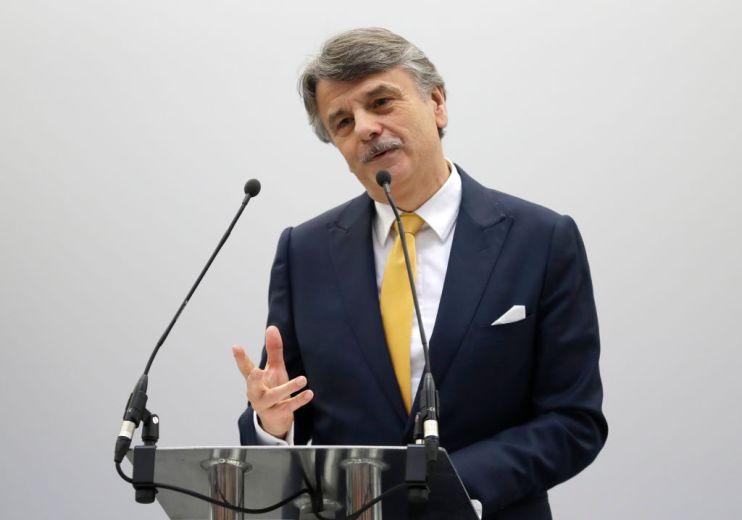Jaguar Land Rover boss says Greta Thunberg’s criticism ‘not justified’

The boss of Jaguar Land Rover (JLR) has hit out at Greta Thunberg, saying that climate activists like the Swedish teenager and Extinction Rebellion make “no contribution” and have “no ideas”.
Speaking to the Sunday Times, Ralf Speth, JLR’s outgoing boss, described Thunberg’s campaigning as “doing wrong in many areas” by raising issues but not coming up with solutions on climate change.
Speth, whose decade-long tenure at the top of the luxury carmaker has seen the UK automotive industry battle the twin headwinds of Brexit and climate change, said her criticism was “not justified” because businesses had also created a better world.
“Greta created the wake-up call for many companies and people. But on the other hand, this kind of very populistic criticism — we destroyed her life, killed this and that — is not justified because we also created a better life. Wealth, health, education — the world is getting better”, he said.
“There is still a lot to do. But populism should be combined with ideas to make it better. There is no contribution, no ideas, just: ‘You’re all stupid.’ ”
Sign up to City A.M.’s Midday Update newsletter, delivered to your inbox every lunchtime
JLR, which makes the I-Pace electric car, has plans to cuts it emissions to zero but is yet to set a date by which it will do so.
“Thousands of people are working on solutions,” said Speth. “We know that we have to do better.”
At the end of January it was announced that Speth would step down in September as the firm continues to put into place its £2.5bn cost cutting strategy to mitigate the impact of the declining automotive market.
The policy has led to job cuts across the UK, where JLR still employs about 40,000 people, despite already cutting about 4,500 staff last year alone.
So far this year the firm has cut 500 more roles at a site in Liverpool and is also stopping production on certain days at factories at Solihull and Castle Bromwich.
Trade union Unite described the announcement as a “further blow to the UK car industry”, saying the move was a result of “ongoing macroeconomic uncertainty”.